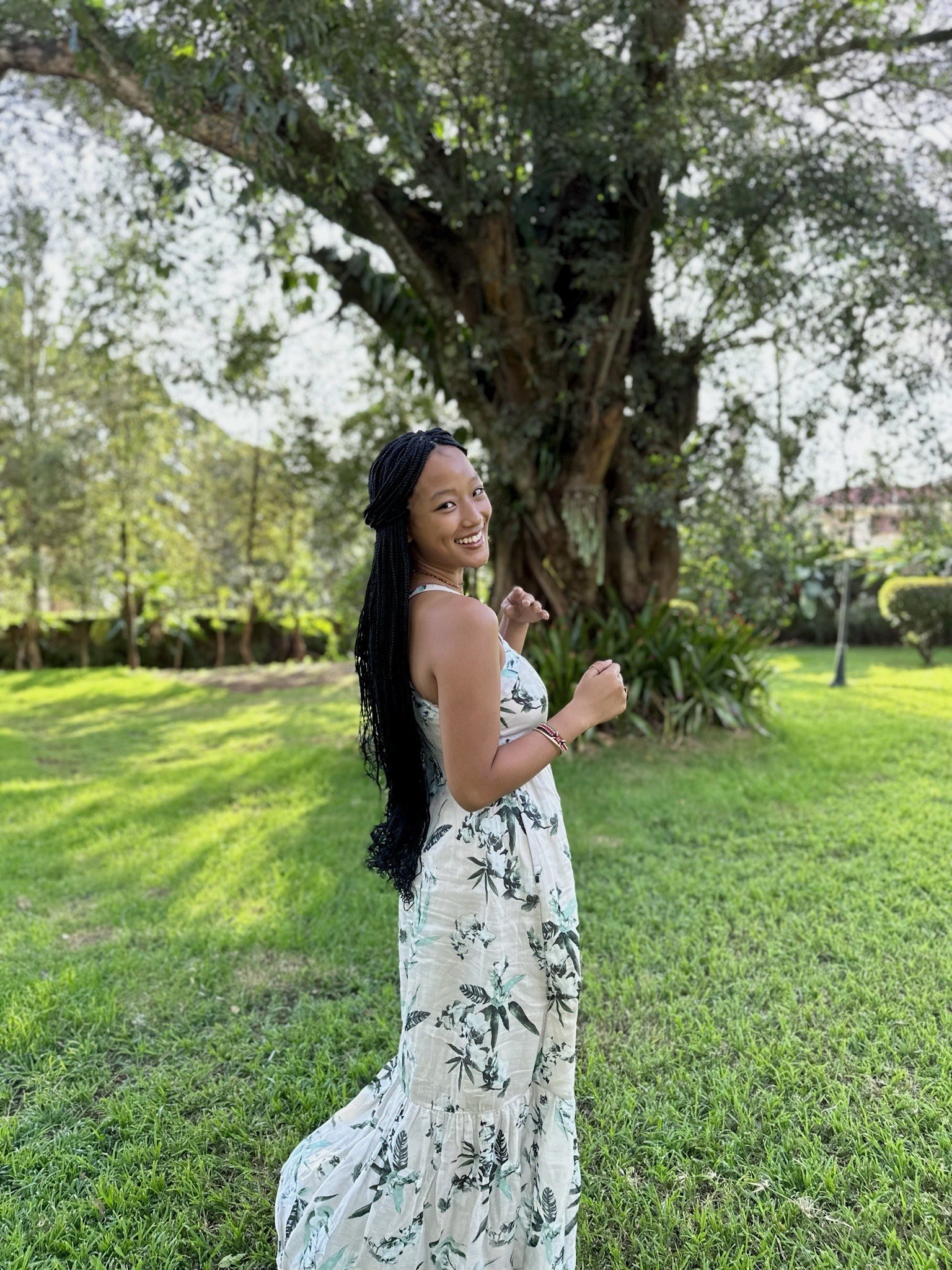I am Kenyan-Korean, and Now Living in Seoul
I was born in Nairobi, Kenya.
Photos provided by Elisabeth Ngibuini
I grew up in Georgia, USA, until I moved back to Nairobi for middle and high school, then back to the states where I graduated from university. At the time, I didn't think my upbringing was unique. Moving around was just the norm in my family, but I am glad I've had the experience to see so much of the world.
I moved to Korea around two months ago, and my transition to living in Seoul has been quite seamless. Due to having lived in many cities and countries growing up, I feel like I had a good idea of what type of trials I should expect when making such a big international move.
Even so, there have been cultural shocks. I knew there would be a lot of pressure to conform to societal pressure, but even for foreigners I am surprised by how present the sentiment is in Seoul. But I've also been surprised at how kind people are to me. Many people have been so hospitable and I am so happy. For someone who moved here with no family, I feel a lot more love than I ever expected
“I have always looked up to my Mother. She is my number one role model.
She always pushed herself to her limits for the betterment of our family. She never failed to encourage me to exceed my potential, which has meant tough love at times (as many Koreans can relate), but I am forever grateful because I know all that she has done is rooted in love. Now we live completely different lives, but because of her and her heritage, I've been able to move and make a life for myself in Korea.
In my home, we only spoke English. I grew up in the US and didn't really get the chance to learn any other languages. I don't remember ever being ashamed of this fact until I moved to Kenya where I attended an international boarding school. I became very aware of the fact that I'm monolingual. I still only speak English, but now that I'm living in Korea I've been trying my best to learn the language
Growing up, I wasn't aware of my mixed heritage at alI. It wasn’t until I was in middle school and the term blasian appeared in pop culture. Until that moment, I hadn't really thought about how I looked or how I was perceived.
However, when I moved back to Kenya I became starkly aware of the fact that I was treated differently than some of my non-mixed Kenyan family. I was called names like mizungu (foreigner/white person) and half-caste. I am fully Kenyan, but I also am like a foreigner in my own country.
I think the same sort of feelings are felt by many mixed race people in Korea, as well. In the past, I felt a lot of internal turmoil surrounding my identity in society, but at this point in my life I've found it’s easier to embrace myself without obsessing over what other people think
All of my life, I've been around people who are quick to dismiss intrinsic parts of my identity, but there are just as many people who accept it as well. It might be difficult for people to understand the experiences of mixed-race people, especially for those who have grown up in mono-ethnic environments. When I first meet someone, I almost never talk about my heritage unless it's brought up. In real life, I've had far more positive interactions with people than negative.
Someone recently had asked me where my hometown was and I answered that I didn't have any. My hometown will always be where my family is, and to me there's no physical location that embodies that. As I continue to connect here, I hope one day to be able to call Korea my home
Follow Elisabeth on instagram and
on Tik Tok by searching @Ngibuini







